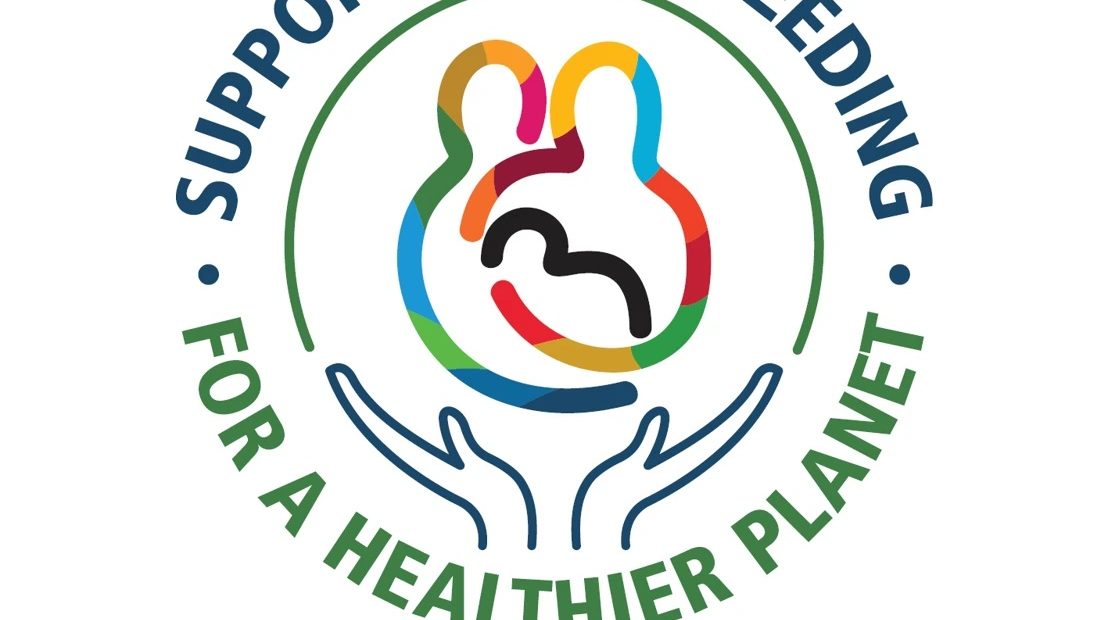

Breastfeeding, also known as nursing, is the feeding of babies and young children with milk from a woman’s breast.
Health professionals recommend that breastfeeding begin within the first hour of a baby’s life and continue as often and as much as the baby wants.
During the first few weeks of life, babies may nurse roughly every two to three hours and the duration of a feeding is usually ten to fifteen minutes on each breast while older children feed less often.
Mothers may extract milk so that it can be used later when breastfeeding is not possible.
Breast milk delivers health, nutritional and emotional benefits to both children and mothers which infant formula lacks while it decreases the risk of respiratory tract infections and diarrhea for the baby.
Other benefits include lower risks of asthma, food allergies, and type 1 diabetes.
Breastfeeding may also improve cognitive development and decrease the risk of obesity in adulthood.
Benefits for the mother include less blood loss following delivery, better uterus shrinkage, and decreased risk of postpartum depression.
Breastfeeding delays the return of menstruation and fertility, a phenomenon known as lactational amenorrhea.
Also, long-term benefits for the mother include decreased risk of breast cancer, cardiovascular disease, and rheumatoid arthritis.
Indeed, analysis indicates that increasing rates of exclusive breastfeeding could save the lives of eight hundred and twenty thousand children every year.
That is why health organizations, including the World Health Organization, W.H.O, recommends breastfeeding exclusively for six months.
After the introduction of foods at six months of age, recommendations include continued breastfeeding until one to two years of age or more.
Though while breastfeeding is a natural process, it is not always easy.
To this end, mothers need support both to get started and to sustain breastfeeding.
Healthcare centres should ensure that mothers and families receive this support, along with the information, the advice, and the reassurance they need to nourish their babies optimally.
During the COVID-19 pandemic, it is even more important to find innovative solutions to ensure that access to core essential health services are not disrupted and that prospective mothers and nursing mothers continue to receive the breastfeeding counselling they need.
Therefore, it is imperative for government to train and retrain healthcare workers, including midwives and nurses, to deliver skilled breastfeeding counselling to mothers and families.
Government at all levels should therefore work towards ensuring availability of skilled breastfeeding counselling to every woman which will require increased financing for breastfeeding programmes and improved monitoring and implementation of policies, programmes and services.
The theme of World Breastfeeding Week 2020 is “Support Breastfeeding For A Healthier Planet”.
Abimbola Bamgbose